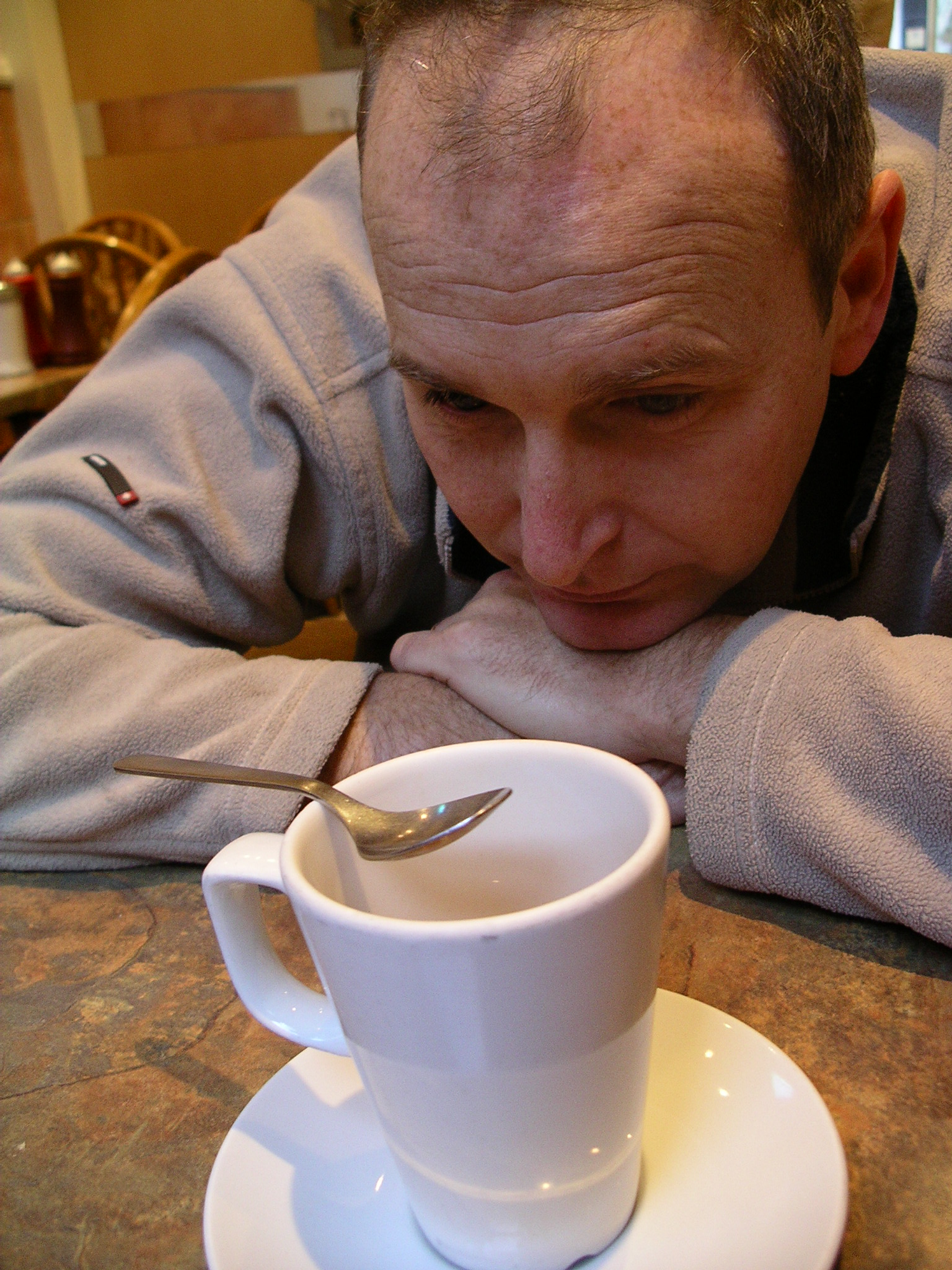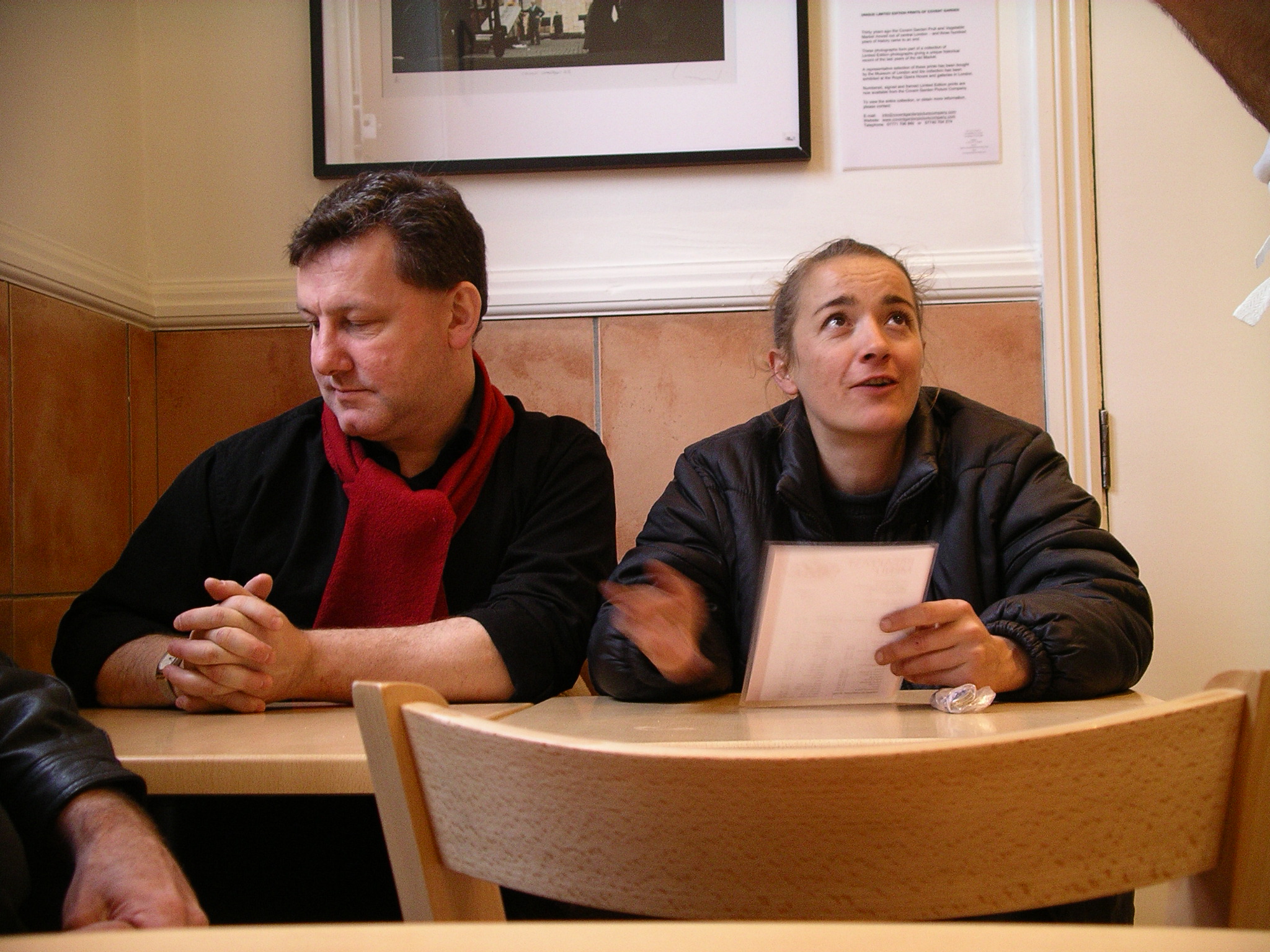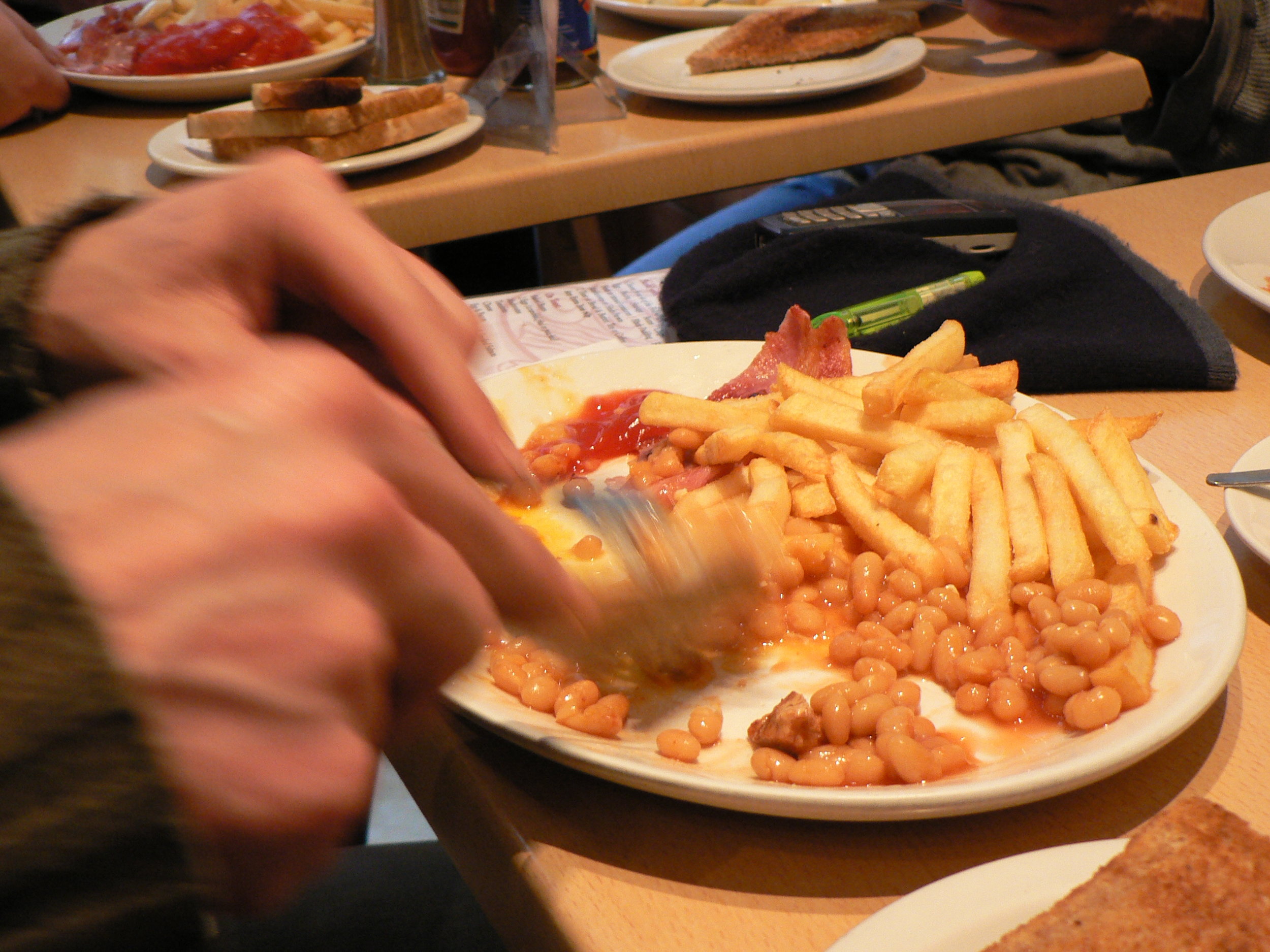I washed up at Covent Garden on a Wednesday, in the late 80's. It was, at the same time, the last resort of my illogical and feverish performing fantasies, and the absolute best possible thing I could have done.
My first show – the “try out”, as they used to call it – was at 11am, and somehow, probably due to the brute force that youthful enthusiasm fuels in someone who doesn't know any better, I got a small crowd and made £16. And that was it. The day before I was a directionless teenager, but now I was a street performer, and I always would be. I'd found the thing that I could do just well enough to know that I could get a lot better if I put in the hours. And months. And years.
The buskers would arrive early each morning and divvy up the shows, and then most of us would go to Maria's cafe, just around the corner in Henrietta street, for long carb-loaded breakfasts. For the next couple of decades, I always looked forward to those breakfasts, even when I wasn't looking forward to anything else about my work day. For two hours every morning, in that cosy, poky little unofficial buskers green room, I received my lessons. Oh sure, the field tests were carried out around the corner, on the cobblestones, in front of strangers, but the theory study was held in Maria's, with friends, over eggs, chips and beans.
I had arrived at Covent Garden a shy, fairly reclusive teenager, full of pretended piss and vinegar and with a skin tissue-thin, who still lived with his parents. But breakfast by breakfast, I learned about my new found job, and learned how to live my new found life.
Sat in clattery chairs around formica tables, surrounded by my peers, strangers and heroes, I learned how to make a joke, and – eventually - how to take one. I learned how to be in a group – that was new for me. I took criticism, ridicule, encouragement and praise. By the time I stopped being a regular I had, in every sense, grown up. Its no exaggeration to say that I gained much of my social and artistic education in that quarter mile of central London, and Maria's cafe, along with the Piazza itself, was at the centre of my world.
For years, it hadn't even been called Maria's. She sold up and moved away a while ago, and the new owners changed the name to “Masters Diner”, but for me and my gang from that era, it'll always be Maria's. Every greasy spoon needs a mama-san, and Maria was perfect. Welcoming you in from the cold with a cheery, and heavily Italian-accented “'Allo darlin', sit down sit down!”, knowing your usual, and asking when you're going to bring back that nice red-head girl you've been hanging out with.
These places are vanishing, and it feels like an authentic version of London is vanishing with them. All my favourite London cafes, slowly fading away, one by one, as rents increase to the oligarch-only level, and whole blocks get forcefully redeveloped out of their souls, thanks to some crooked backhander in another postcode. The beautiful, exciting, higgeldy-piggeldy texture of city streets gets painted over with a dull tessellation of franchise logos. The spectacular Piccadilly Cafe in Soho. Diana's Diner in Covent Garden. The Stockpot. The Court Cafe in SE1. And now Maria's. All gone.
What I'd give for one more long breakfast with the buskers in the toasty warm Maria's on a chilly morning. Two hours or so of teasing, bragging, laughing and bullshitting. Paddy and Adrian half-reading the papers and telling us facts and opinions. Rob losing his temper half for comedy and half genuinely. Dave and me arguing over the ingredients of the perfect fried breakfast. Shandy talking about retiring next year. Vinny zinging people, loudly, and effectively. Alex really not enjoying having to be up so early, even though he's been doing it longer than any of us. A secret society.
The people sat around those tables have gone their separate ways. Some still busk, some work elsewhere, some found other callings, and more than a couple are no longer with us. Many, though, I'll be friends with for life. Bonded through busking and breakfast. We sometimes meet to catch up, and occasionally find a cafe to go to.
I've known for a while that those days are inescapably behind me, but the closure of Maria's makes it all the more final. There's no going back, even if I could. That chapter is closed.
Maria's was, for me, where luck lived.
That was where I had the luck to find people who helped shape me, inspire me and remain as close to brothers and sisters as I've ever had.
That was where, between shows, I was lucky enough to get know the red-head girl, who would go on to become my wife.
That was where luck gave me a place I could go when I was scared of the path I'd chosen. A place I could get some toast and a coke, and form my ideas, and gather my nerve before venturing back out to try to gather another crowd and find the rent money in that huge, empty, scary piazza that became my friend.
Maria's was the best cafe in London. I owe it.




